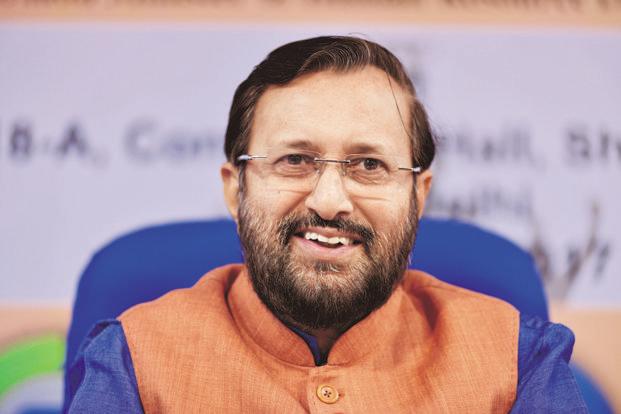New Delhi: Union Cabinet Wednesday gave the green signal to India’s new National Education Policy 2020, which incorporates groundbreaking reforms in the higher education sector, increased focus on non-academic skills . It pledges to focus on co-curricular skills and educational diversity to make courses holistic and fluid.
Making the announcement, Union Minister Prakash Javadekar said, “Cabinet under Prime Minister Narendra Modi has given approval to new education policy for the 21st century. It is important, as for 34 years there were no changes in the education policy.” The Cabinet has also approved a proposal to rename the Ministry of Human Resource Development as Ministry of Education.
The following are some of the highlights of India’s new National Education Policy 2020:
Major changes in the pedagogical structure of the curriculum with no strict separation between streams
No separation between vocational and academic and curricular and extra-curricular, existing divisions to be removed
Students to be allowed multiple entry and exit points in a course. Students can use credit transfer or credit bank to continue studies after a gap period.
MPhil courses to be discontinued
All higher education institutions, except legal and medical colleges, to be governed by a single regulator
Common norms to be in place for private and public higher education institutions
E-courses to be developed in regional languages
Virtual labs facility for institutes with no labs
Establishment of National Educational Technology Forum (NETF)
Board exams to be based on knowledge application
Mother tongue to be a medium of instruction till 5th grade
School curriculum will be reduced to core concepts; integration of vocational education from class 6 under new National Education Policy
Report cards to be a comprehensive report on skills and capabilities instead of just marks and statements
Extension of age limit for coverage under the Right to Education Act
PNN/Agencies
